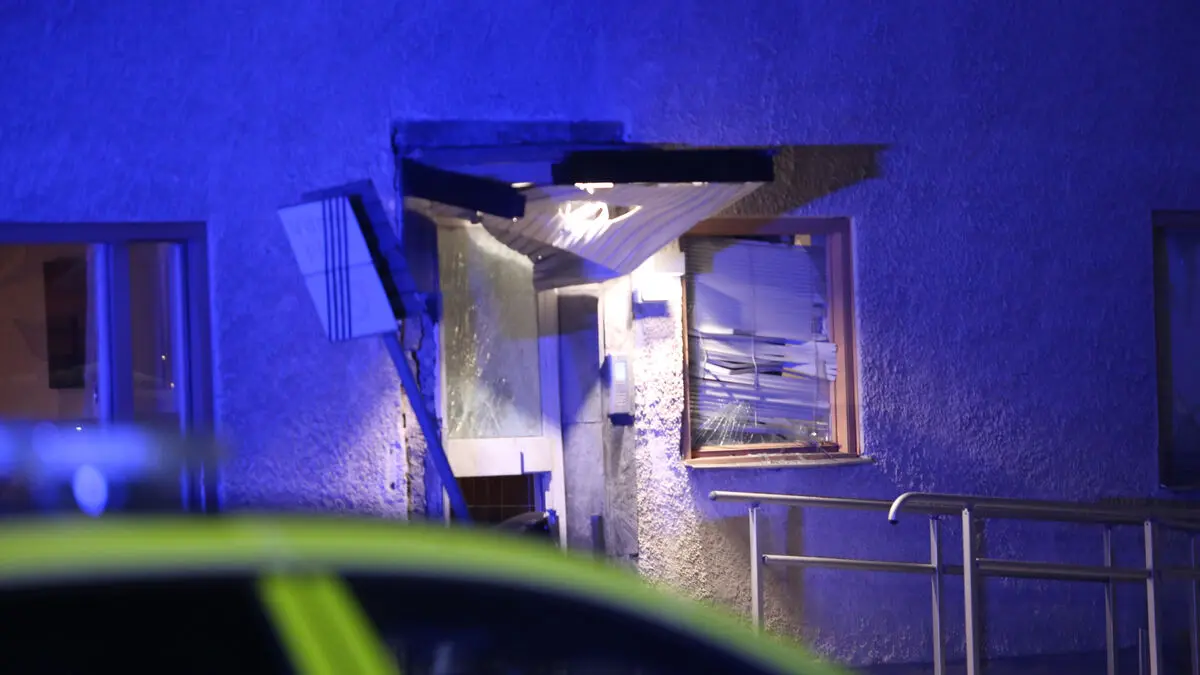The proposal, which is now being sent to the Legislative Council, gives the police the opportunity to use AI for real-time facial recognition. The technology can be used, among other things, to find crime victims and to prevent and investigate serious crimes, says Minister of Justice Gunnar Strömmer (M) at a press conference.
Incredibly significant, Strömmer calls the proposal where the state must use new technology to meet the new methods of criminals.
The advantage of AI facial recognition is speed, according to Minister of Civil Affairs Erik Slottner (KD)
So we can catch serious criminals faster than we otherwise can.
But the proposal is controversial. The government's investigators pointed out in their report last year that "the use of such systems involves a potentially large intrusion into personal privacy as they enable the surveillance of a large number of people."
Although it shouldn't be like in China, for example, where the authorities monitor the population, according to Slottner.
This enables us to use AI for good purposes, he says.
This should be as legally secure a technology as possible, Strömmer adds.
The EU's AI regulation prohibits using the technology in public places. However, according to the government, there is the possibility of making national exceptions to the EU rules, which is what is now being proposed.
To protect personal privacy, the government wants to introduce a number of legal safeguards. Among other things, AI should only be used if it is “absolutely necessary” to locate or identify a designated person. Prior permission from prosecutors should also be required.
But in urgent cases without permission, says Martin Melin, legal policy spokesperson for the Liberals.
Then an application must be made within 24 hours, he adds.
The proposal, which is part of the government's previously presented "camera offensive", is proposed to come into force on May 1, 2026.






